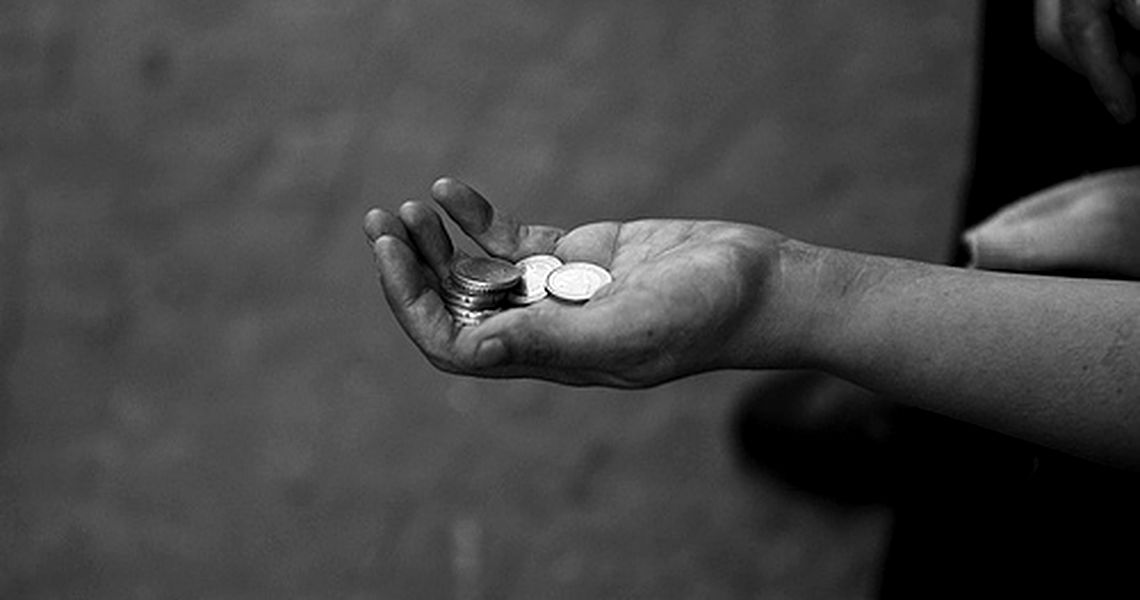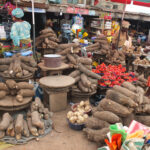A woman is the full circle. Within her is the power to create, nurture and transform – Diane Mariechild, author of Mother of Wit
Regardless of where they live, in the Northern Hemisphere or Southern Hemisphere, in a rich country or a poor one, women have always played vital roles in the continuation of the human species, as well as in community and societal development.
Women leaders have also played key roles in crises response; serving as heads of government, co-coordinators of grassroots movements, as well as frontline healthcare providers. These women have time and again proven how important it is to have diverse and inclusive leadership systems.
Nonetheless, despite their socio-economic and leadership roles, women are considered among the poorest of the world’s poor.
One time President of the World Bank, Barber Conable, noted that: “Women do two-thirds of the world’s work, yet they earn only one-tenth of the world’s income and own less than one per cent of the world’s property.” The above statistics is worth noting because all over the world, extreme poverty has been implicated in the rising tide of gender-based violence, teen pregnancies and a number of harmful traditional practices.
Furthermore, the COVID-19 crisis has hobbled major gender gains so far attained, exacerbating inequalities in wealth, income and access to services.
A 2020 UNICEF report revealed that up to 20 million more girls may not return to school following the pandemic, and up to 2.5 million more girls are at risk of child marriage. Yet another report by the UNDP shows that: “The pandemic will push 96 million people into extreme poverty by 2021; 47 million of who are women and girls. This will bring the total number of women and girls living on $1.90 or less to 435 million.”
The report further shows that globally in 2021, there will be an estimated 118 women (aged 25 to 34) in extreme poverty for every 100 men (aged 25 to 34) in extreme poverty.
The situation in Nigeria is a lot bleaker as a number of socio-economic and cultural factors serve to strengthen existing vulnerabilities. This means that women will have less access to decent nutrition, clothing and shelter, as well as education, health and social services.
Moreover, as economic activities continue to plummet, women will be more vulnerable to layoffs and loss of livelihoods. These economic inequalities in turn, are likely to lead to an increased risk of gender-based violence as women will lack the necessary economic power to call out or leave abusive partners; further strengthening a vicious cycle of gender bias. This explains why the very word poverty has a woman’s face; leading to such terms as “the feminisation of poverty” and “gendered poverty”.
The Nigerian woman’s productive and reproductive functions cut across such activities as performing household chores, income earning activities, community participation and community management roles.
The informal sector for example, which contributes an estimated 67 per cent to Nigeria’s GDP has women as its major workforce. Also in settings where women are employed in formal sectors, a number of them have reported extreme gender-based discrimination at work; ranging from lower pay and being passed over for promotion to being evaluated more harshly and sexually harassed.
The snowball effects of gendered poverty are not likely to disappear after the pandemic. Women are likely to experience long-term setbacks in income-earning with far-reaching implications on their socio-economic security. Those who had previously escaped poverty are likely to fall back into it.
Amidst such overlapping challenges, it is important to recognise that recovery strategies cannot be gender-blind or gender-neutral. They must be deliberate in overturning the inequalities which hold women and girls back. These strategies should include:
Strengthening access to finance for women-owned MSMEs: Because financing is an important decimal in alleviating poverty, it is important to strengthen women’s access to finance. Financial institutions, government agencies as well as other advocacy groups in Nigeria must be deliberate about providing funding, financial literacy and capacity-building to female entrepreneurs.
Equal employment opportunities: Since unemployment is a key factor in poverty, stakeholders should accelerate programmes that promote women’s education and access to employment opportunities.
Increased representation in leadership and decision-making roles: It is important to have critical numbers of women in positions of leadership so that policies and frameworks eschew gender-based prejudices and are gender-sensitive.
Support for women in formal employment: Organisations need to close in on the inequalities which drive gender-based prejudices and adopt gender-responsive policies. These include, equal pay for work of equal value, equal standards of evaluation and promotion as well increased child care and maternity benefits.
Free basic education for girls: Stakeholders should ensure that young girls access free secondary education along with comprehensive sexuality education in safe spaces. Further incentives in this regard, should include school to work transitions to advance young women’s economic empowerment.
Increased advocacy: Non-profit organisations should increase advocacy and lobbying to ensure policies that promote gender balance especially in economic and income earning activities.
With all of us working together, women and girls in all their diversity will thrive and we could gradually flatten the poverty curve.
Ubek-Agbakhamen wrote in from Lagos.

 Join Daily Trust WhatsApp Community For Quick Access To News and Happenings Around You.
Join Daily Trust WhatsApp Community For Quick Access To News and Happenings Around You.

